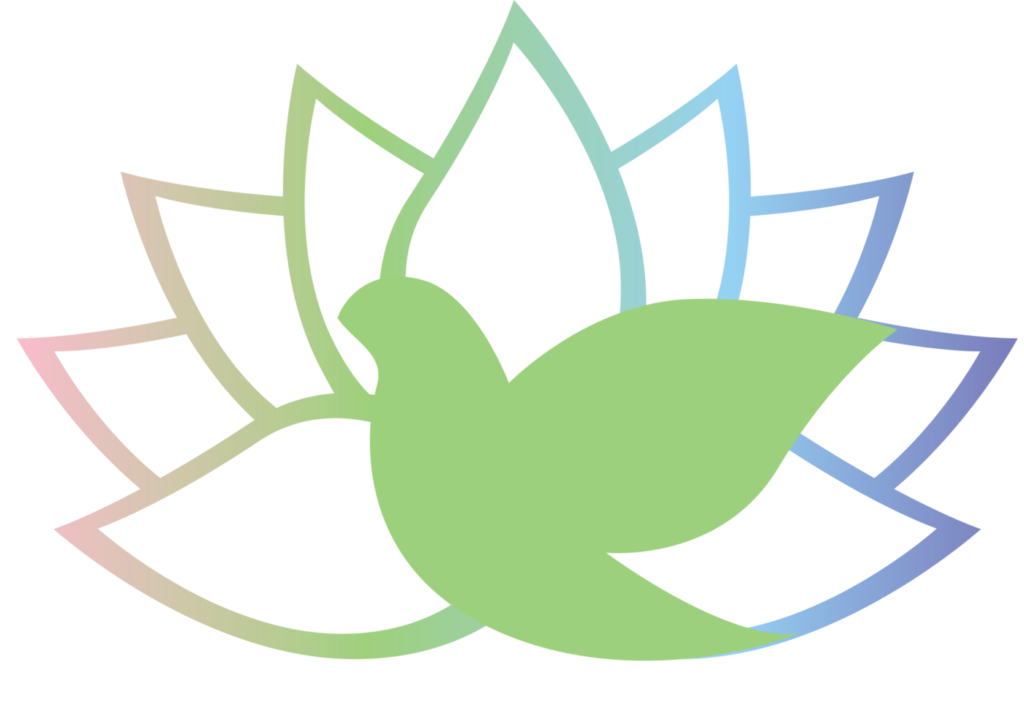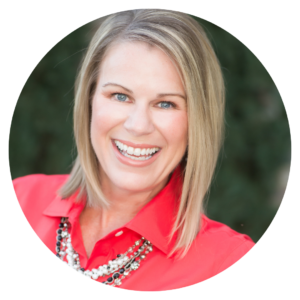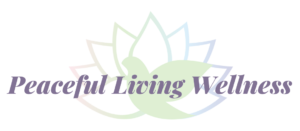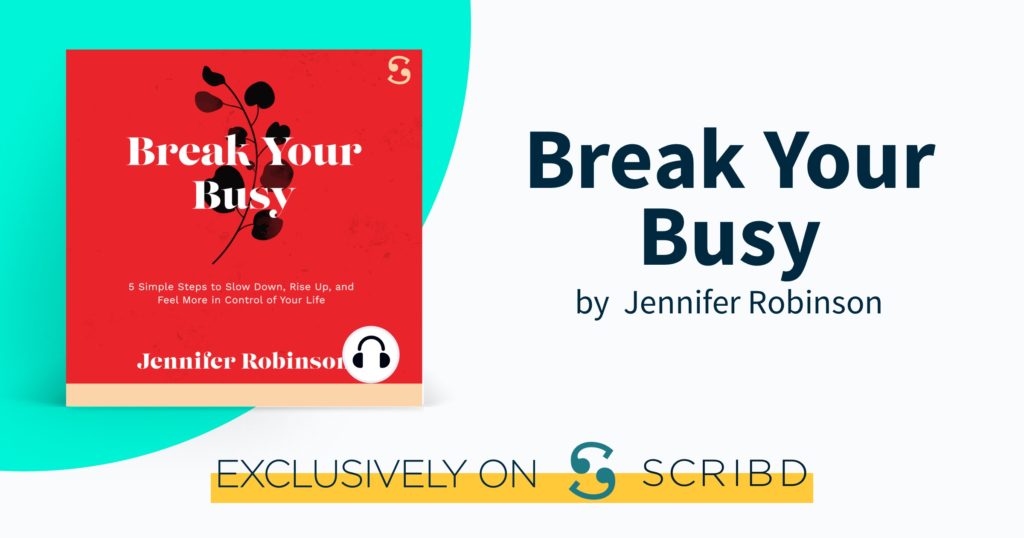Energy is an emotional state. How many of you believe that?
Think energetic state. A state comprised of energy. Having energy.
It really isn’t any different than a joyful state. A state full of joy. Having joy. Or an angry state.
We actually get into the habit of emotions and of states. Raise your hand if you know someone who always seems angry or sad or frustrated or miserable. Even though it doesn’t feel good to them, they default to that emotional state because its comfortable. It’s a habit. It feels like home and that’s where they hang out.

Join our Community of Peaceful Living Wellness Warriors
and receive a special free gift:
Our Top 5 Tips for Peaceful Living
And guess what? State can be changed. Which means you can choose how you show up in any given situation. And that includes, choosing to show up energetically.
PUBLIC SERVICE ANNOUNCEMENT: For all of you about to get worked up over the fact that I am telling you to ignore your emotions, let me stop you right there. Emotions are critical and serve as action signals and everyone has the right to feel them when they arise. So, lean into all the feels. Some emotional states serve us very well. Some emotional states disempower us and keep us stuck. A low energy state might be your body telling you to slow down and recharge. However, when you realize you’ve been recharging for 4 weeks, it might be time to check in to see if there is something wrong or if you have just fallen into a habit of low energy. If you have fallen into a habit, no worries, because you can choose to change that state.
Think of it this way, emotions don’t happen to us…we create emotions. Most of us have simply not learned to proactively take charge of the process. What I’m sharing is something that you are already doing, except it is happening automatically for you. We do it naturally. So, I’m not introducing something that you don’t already do, I’m just going to give you a way to uncover 3 patterns so that you can proactively take control.
Every state is comprised of 3 patterns. A pattern of physiology, a pattern of focus/beliefs, and a pattern of language/meaning.
Physiology
Our physiology is basically our body language and posture, how we breathe, even our patterns of diet and hydration. Think of it, a person who is tired all of the time probably has a different diet compared to someone who is vibrant and energized.
So, when you feel that you are in a low energetic state. Check in. What does your posture look like? Are you slouching or are you sitting straight? Are you sluggish or are you moving around? Are you breathing deep or shallow? Noticing what low energy looks like in your body will help you recognize it more quickly.
The quickest and simplest way to change our state is to make a change in our physiology.
What does high energy look like from a physiological standpoint for you? Think about times when you have felt full of energy and mimic that posture. Get up and hop around for a minute. That small action will immediately start shifting you into a more energetic state.
Related Post: WHY ENERGY MANAGEMENT IS THE KEY TO YOUR HAPPINESS AND SUCCESS
Focus and Beliefs
Where focus goes, energy flows.
If you are constantly focused on what you don’t have or what’s not working, you’re going to feel a certain way…compared to focusing on what you do have and building on what is working. And what we focus on we feel. Focused on how tired you are…guess what you are going to feel?
Shift your focus from how tired you feel to how lucky you are to have this much energy. Shift your focus from not having enough time to having just enough time. Shift your focus from “I have to do this” to “I get to do this”.
Your beliefs will also impact your state. If you believe that you can’t achieve something, or that you are destined to fail, or that you are always tired, clearly this will influence your state. On the other hand, if you believe that you will achieve your results or that you are destined for success or that you have an abundance of energy to do exactly what you need to do, your state will be much different.
Language and Meaning
You will want to write this down: the words we attach to our experience becomes our experience. Did you get that? The minute we label something, we experience it as we’ve labeled it.
The words we use and the way we speak to ourselves and others, definitely impacts our state / our emotions. And just like physiology and focus, those language patterns, those words can become habitual.
Our habitual, emotional vocabulary shapes and controls much of our emotional experience of life. For example, if you have a habit of using the word “hard” a lot. This project is hard; life is hard; getting to the gym is hard, then guess what your experience of life will be – that’s right, hard!
The simple act of not allowing yourself to use the word “tired” anymore will make it more difficult to feel tired. What are all of the words you can use to replace tired? Write them down and practice using them. I like to use the phrase, “I’m just getting warmed up.” If I’m feeling a little sluggish, instead of saying “I’m tired”, I say, “let’s go girl, you’re just getting warmed up.” It not only becomes a pep talk of sorts but it has also allowed me to use tired/sluggish as a starting point for revving things up vs. the starting point for winding things down.
If you feel tired a lot. If you feel you have a lack of energy all of the time. If you feel exhausted often. It could just mean that you have formed a habit of low energy. If you recognize this in yourself, celebrate it! That awareness means you can now choose something different. When you catch yourself in that emotional home of low energy, stop and break that habit by shifting your physiology, shifting your focus, and changing your language to experience something different. The more you catch yourself, the weaker the habit will become. Eventually, you won’t even remember what living a life of low energy used to feel like!

STACY OLDFIELD
After nearly 25 years in Corporate America, Stacy launched Minerva Management Partners as a way to combine those years of business experience with her life coaching certification and love for coaching women. Minerva Management Partners is a business coaching practice designed to support women entrepreneurs committed to launching and growing their business. Also, as a Results Coach with Robbins Research International, Stacy helps business women to focus their ideas and efforts and holds them accountable for achieving their goals. Whether it’s helping women discover creative solutions to their business challenges, coaching them to be clear and decisive, or helping them see and take action on new opportunities, Stacy guides them to achieve the business and career results they are seeking. Stacy is also the creator of the Minerva 3-Day Networking Challenge and the Network Like a Boss Lady On-Demand training program. Stacy has been invited to speak to many audiences within South Carolina including the Center for Women, Women Entrepreneurs of Charleston, the Women of the Workforce program of the Naval Information Warfare Center (SPAWAR), Charleston Women in Business, Association of Fundraising Professionals, SCANPO, graduate classes at both The Citadel and the College of Charleston (CofC), and Leadership CofC. She currently serves as a mentor through the Women of Excellence Program at Xavier University and previously served on the Board of Directors for the Beautiful Gate Center and on the advisory board of the SC Women’s Business Center.



